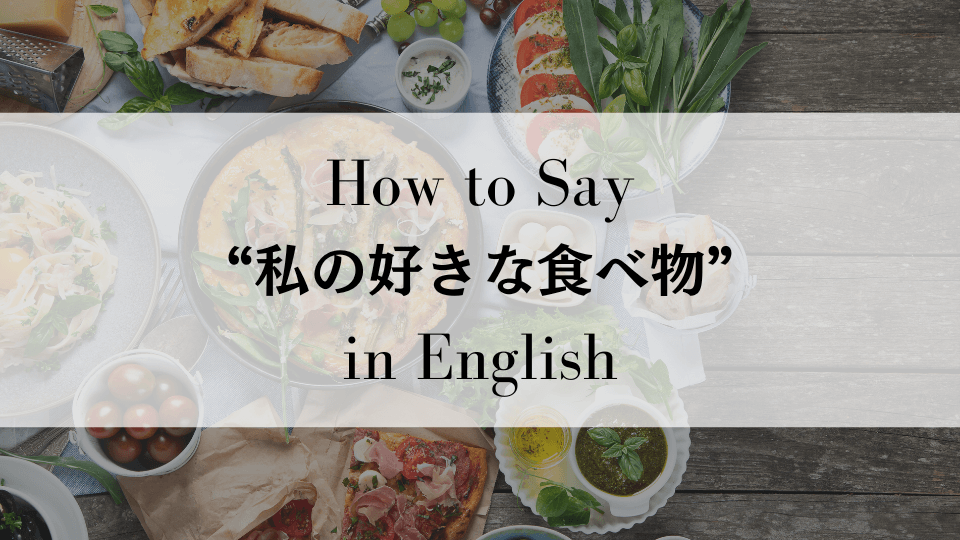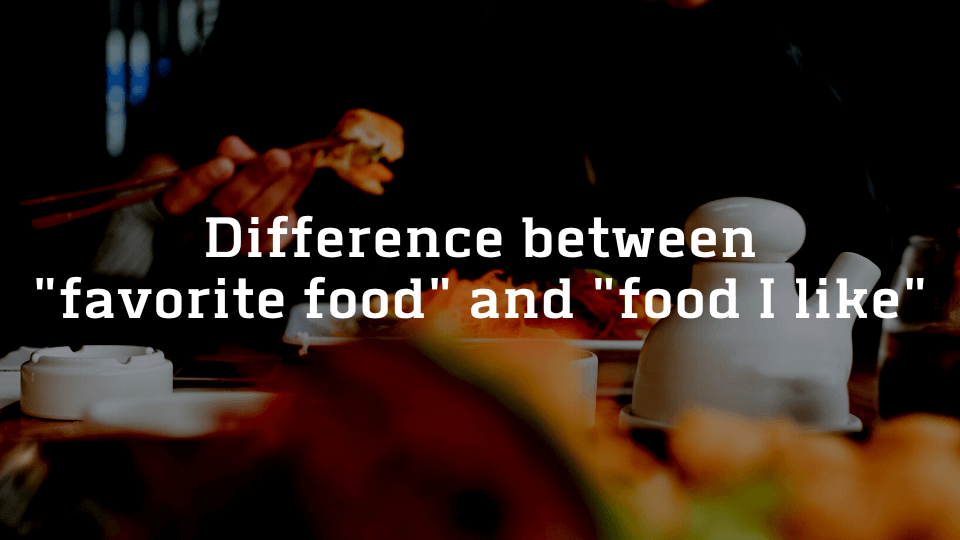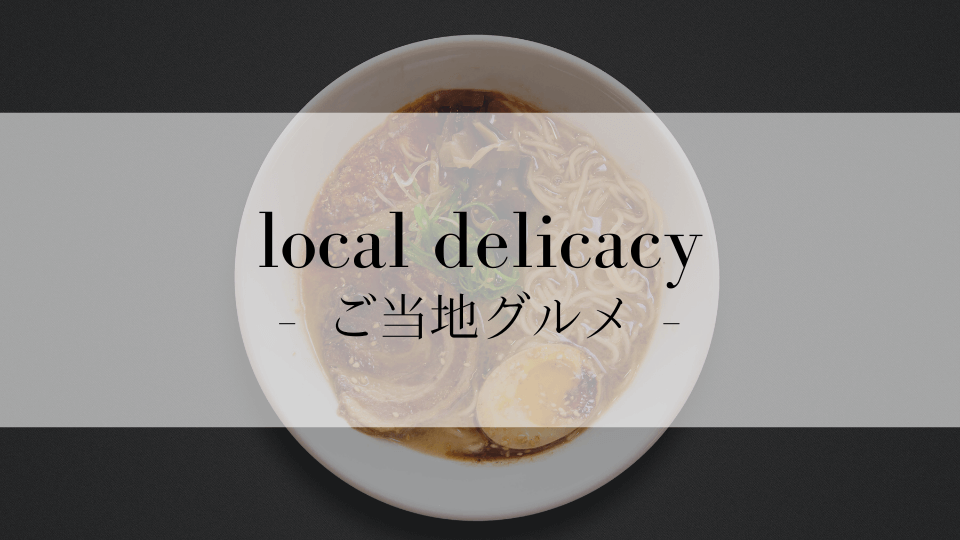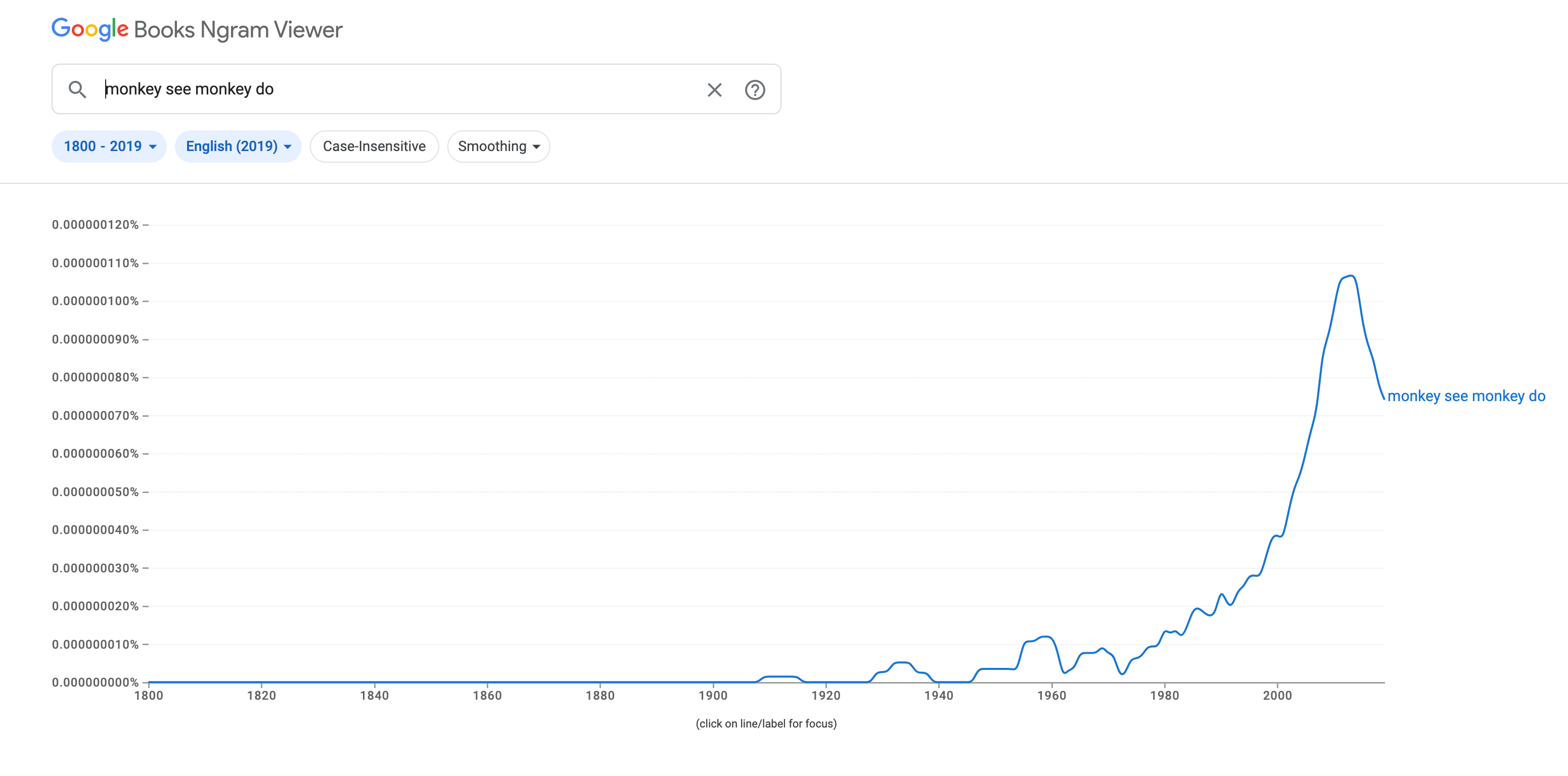【講師ティム】
少し前のブログ「イギリスのスラング「Mate」「Knackered」「Gutted」「Cheers」の意味は?」で、イギリスでよく使われるスラングについてご紹介しましたが、今回のブログでは、「cheers」についてもう少し詳しくお話します。
私は18歳の時にイギリスに留学し、そこでみんなが「cheers」という言葉を頻繁に使っていることにとても驚きました。
イギリスに旅行する方やイギリス人と関わる方は、「cheees」は知っておくべきかなり重要な言葉です。
このブログでは、この言葉の意味や使い方について解説していきます。
「cheers」の意味と例文
「cheers」は、いろんな意味を持つとても汎用的な言葉です。
日本の多くの方に最も馴染みがあるのは、グラスを持ち上げて乾杯するときに使う友好的な挨拶としての「cheers」だと思います。
それに加えて、「cheers」には「thanks (ありがとう)」という意味もあり、また「goodbye (さようなら)」としても使われます。
「cheers」:乾杯
友人たちと一緒にお酒を飲むとき、「cheers」と言います。通常、他の人たちのグラスとそっと合わせて「cheers」と言います。
「cheers」:ありがとう
「cheers」は「ありがとう」という意味もあります。
[例文1]
ティム:I made a lesson plan for your new Eiken student Jaimie.
(あなたの新しい英検の生徒さん用にレッスンプランを作ったよ、ジェイミー。)
ジェイミー:Cheers mate. You’re the best!
(ありがとう。君は最高!)
[例文2]
A:Do you know any good English schools for kids in Fukuoka?
(福岡で子ども向けの良い英語学校を知ってる?)
B:Actually, I do. My niece goes to Kensington Kids Academy and her mother is really happy with it.
(実は知ってるよ。姪がケンジントン・キッズ・アカデミーに行っていて、彼女の母親はとても満足してるよ。)
A:I will send them an enquiry then. Cheers
(それなら問い合わせてみるよ。ありがとう)
「cheers」:さようなら
乾杯や感謝を表すだけでなく、「cheers」はさようならと言う時にも使われます。
[例文1]
A:Ok, I’m done for today. Cheers!
(今日はこれで終わりです。それじゃ!)
B:Have a good one!
(良い一日を!)
[例文2]
A:I’m heading back home. Cheers everyone!
(これから家に帰るよ。みんな、またね!)
B:See you!
(じゃあね!)
「cheers」に似た言葉と例文
「cheers」と似た言葉で、イギリスでときどき耳にするスラングに「Ta」という、感謝を表す口語的な表現があります。
[例文]
Ta for the ride, much appreciated!
(車で送ってくれてありがとう。本当に助かったよ!)
はじめに述べたように、18歳の大学生の時にイギリスに留学し、「cheers」という言葉に初めて出会いました。
それが私が学んだ最初のイギリスのスラングだったと思います。
イギリスで過ごした年月の中で、さらに多くのスラングを学びました。
英会話講師として、私は生徒さんがどの国の人とも効果的にコミュニケーションをとれるように、あまり地域的なスラングは使わないようにしています。
もちろん、生徒さんがイギリス英語に興味がある場合はイギリスのスラングを使います。
Cheers for reading my blog! (ブログを読んでくれてありがとう!)
実践的な英語ならケンジントン英会話
ケンジントン英会話では、教科書には載っていない、生きた表現を身に付けられます。
福岡市内の教室やオンラインで、経験豊富でフレンドリーな講師と一緒に英語を学びませんか?
実践的な英語を学びたい方はケンジントン英会話の公式サイトをチェック!
[英語原文]
How can we use the word “Cheers” in the Uk?
In our previous blog (found here) we explored 4 very usual British slang expressions. In this blog we are going to talk a little bit in more detail about the British slang word “Cheers”. When I was 18 years old, I travelled to the UK to study and I was really surprised by how often people there used the word “Cheers”. For any Japanese student travelling to the UK or dealing with British people, it’s a pretty essential word to know. Here is what it means and how to use it.
Meaning of “Cheers” and Example Sentences
Cheers is a pretty versatile expression with different meanings. I think the meaning most Japanese students are familiar with is when it’s used as a friendly toast when raising glasses. In addition to that though, “Cheers” also means “thanks” and also “goodbye”.
Meaning 1 : A friendly expression said just before you drink an alcoholic drink:
We use ‘cheers’ when we are with friends drinking alcoholic drinks. Usually, we softly clink our glasses with other people’s and exclaim ‘cheers.
Meaning 2 : Thanks
“Cheers” also means “thank you”. Here are a couple of examples.
Ex.1
- Tim: I made a lesson plan for your new Eiken student Jaimie.
- Jaimie: Cheers mate. You’re the best!
Ex.2
- A: Do you know any good English schools for kids in Fukuoka?
- B: Actually, I do. My niece goes to Kensington Kids Academy and her mother is really happy with it.
- A: I will send them an enquiry then. Cheers
Meaning 3 : Goodbye
In addition to toasting and thanking, ‘cheers’ is also used to say goodbye. Here are a couple of examples.
Ex.1
- A: Ok, I’m done for today. Cheers!
- B: Have a good one!
Ex.2
- A: I’m heading back home. Cheers everyone!
- B: See you!
Words similar to “Cheers” and example sentences
One other slang term you will sometimes hear in the UK similar to “cheers” is “Ta,” a colloquial expression of thanks.
Ex.1
- Ta for the ride, much appreciated!
As mentioned in the introduction, I first came across the word “cheers” when I travelled to the UK to study as an 18 year old university student. I think it was the first British slang term I learnt, and there were many more in the years I spent in the UK. As an Eikaiwa teacher I try not to use much regional slang with my students as I think our students should be able to communicate effectively with people from any country. Of course I will use British slang if a student has a particular interest in British English.
Cheers for reading my blog!
~*~*~*~ \ Follow me / ~*~*~*~
Instagram : @kensington_eikaiwa
Facebook : @kensingtoneikaiwa
YouTube : KENSINGTON英会話
~*~*~*~*~*~*~*~*~*~*~*~*~*
◆お問い合わせはこちら
ケンジントン英会話:お問い合わせフォーム

























































